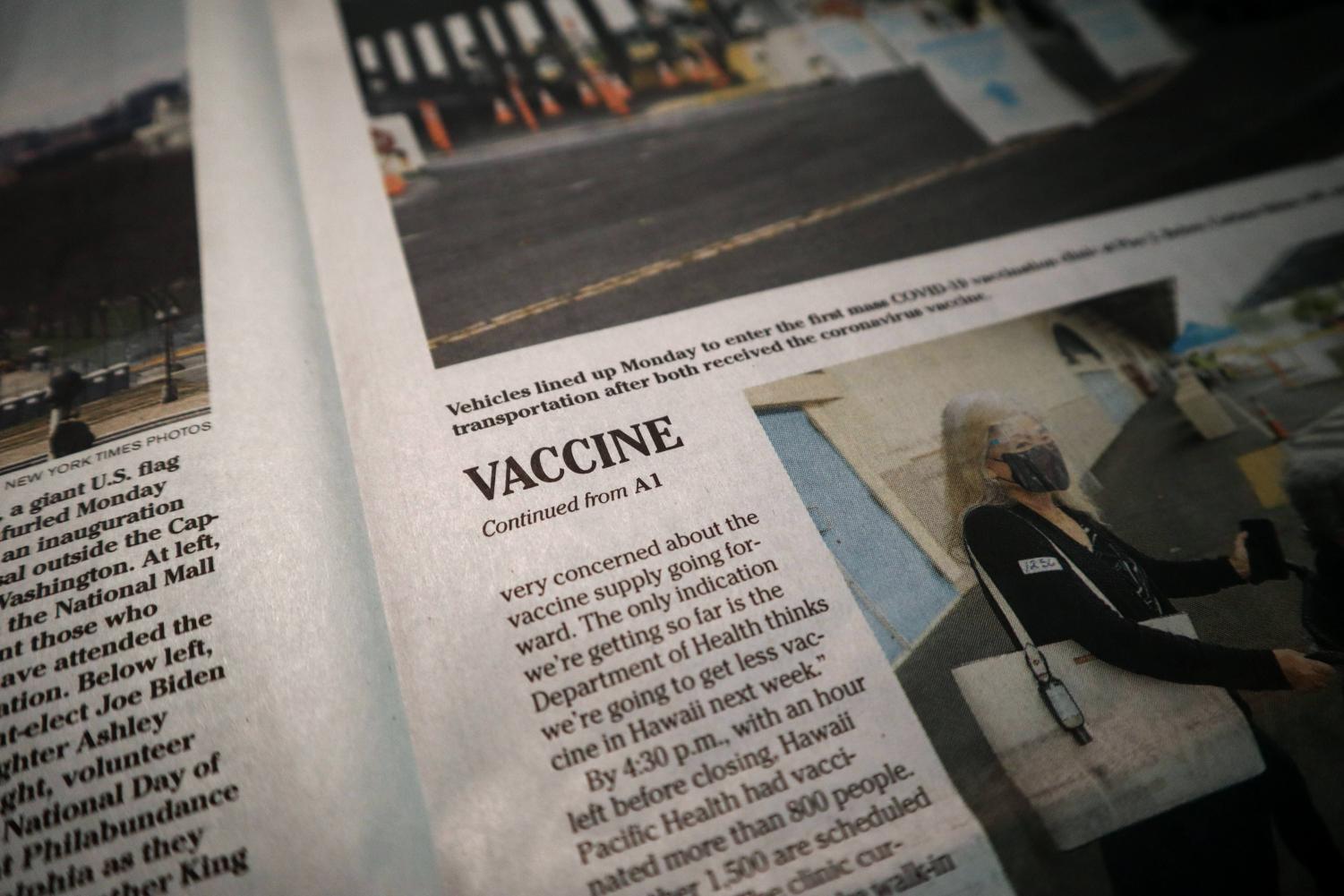A total of 127 million vaccines have been administered in the United States, according to the Centers for Disease Control and Prevention’s COVID Data Tracker. In upcoming weeks, a potential fourth vaccine will be filed for approval for emergency authorization.
POSSIBILITY OF NEW FDA-APPROVED VACCINE?
New AstraZeneca data reported on Monday, March 22 shows that in the study with 30,000 people, the two-dose vaccine proved 79% effective at preventing symptomatic cases of COVID-19 and 100% effective in stopping severe cases and hospitalization. Two-thirds of the volunteers in the U.S. study were injected with the vaccine and the rest received placebo shots.
The data shows that there were no hospitalizations or severe illnesses among vaccinated volunteers, compared with five such cases in participants who received placebo vaccines.
AstraZeneca did not find serious side effects in their participants, including the increased risk of rare blood clots like those identified in Europe last week, which led numerous countries to briefly suspend their vaccinations.
In the coming weeks, AstraZeneca aims to file an application with the Food and Drug Administration. If the vaccine is approved, AstraZeneca’s biopharmaceuticals research chief Mene Pangalos explained the company would deliver 30 million doses immediately along with an additional 20 million within the first month.
The AstraZeneca shot has already been authorized in more than 70 countries.
According to an article by ABC7 News, in Pfizer’s clinical trial, their data showcased the vaccine was 95% effective in preventing COVID-19 cases with symptoms and 100% efficiency in preventing severe disease. Moderna had similar results with a 94% efficiency rate. Johnson & Johnson’s vaccine showed a 72% efficiency rate with 86% efficiency in preventing severe disease.
VACCINE SIDE EFFECTS
A new CDC study finds that women are more likely to experience side effects than men from the COVID-19 vaccinations. From the side effects reported in the first 13.7 million Americans to receive the vaccine, more than 79% came from women.
Dr. David Wohl from the University of Northern Carolina at Chapel Hill attributed these differences to multiple factors. He explained that women are more likely to report their symptoms after being vaccinated. Biological reasons, specifically differences in immune systems, come into play as well.
Wohl addressed that overall the shots are well-tolerated, and most women do not experience any symptoms.
The CDC outlines some of the possible side effects throughout the body to include tiredness, headaches, muscle pain, chills, fever and nausea.
BIOLA AND THE RED TIER
On March 16, Biola announced that they received a limited amount of COVID-19 Moderna mRNA vaccines.
The limited supply would allow for Biola’s frontline workers and those with underlying health conditions to get vaccinated according to the university email.
On March 19, the university announced in an email that L.A. County’s transition to the red tier would allow for some of Biola’s facilities to reopen and for more people to return to campus.
This includes the library and the Biola Store with limited hours and capacity. In-person campus tours will be allowed to resume, with visitors outside of California only allowed to do drive-thru tours. Vocational skill buildings, such as labs and studios, will be available for all Phase 1, 2 and 3 students with physical distancing.
Students who are not a part of the three phases will need to complete a health module and a registration form prior to accessing campus.












